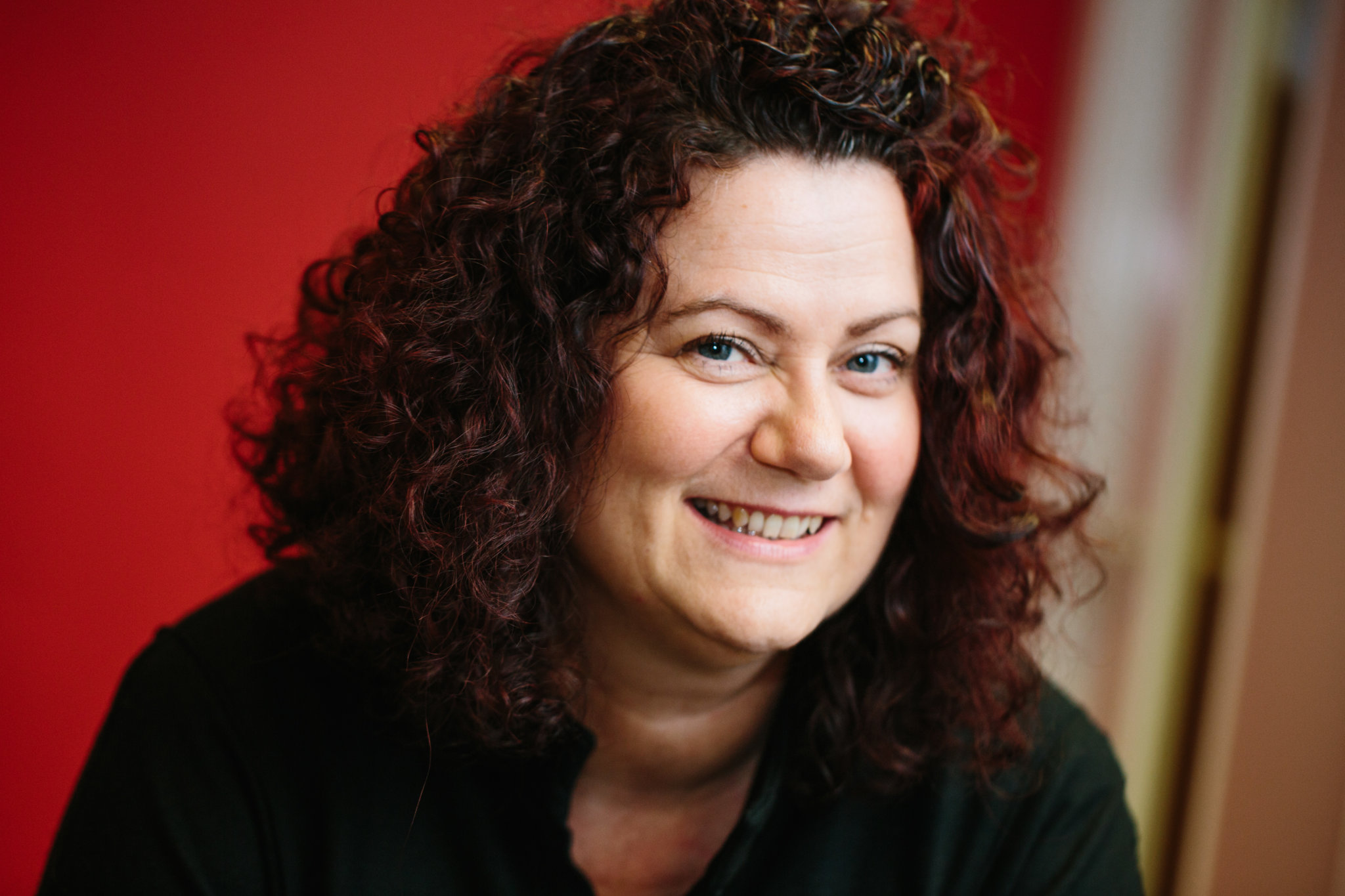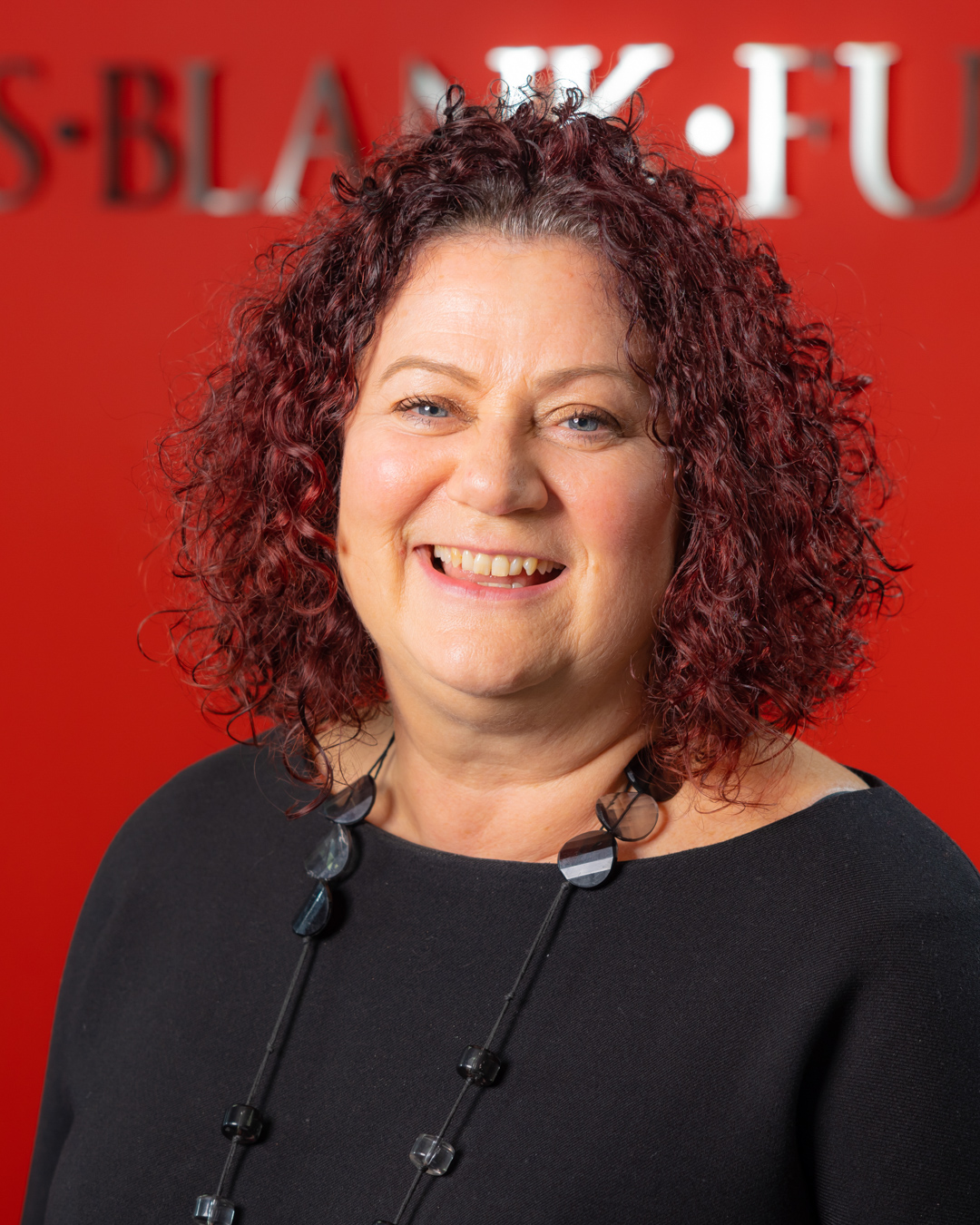Excellent experience start to finish – always very responsive to any queries and the turnaround on the property I was buying was very quick, even in the busy time leading up to stamp duty deadline. Jenny was always very helpful and went above and beyond to close on a short timescale.
NHS Facing an Increase in Demands
We recently discussed the pressures that the NHS is facing in light of increased demand and the delays caused by the Covid-19 pandemic.
However, it is not just NHS hospitals that are under strain, with GP surgeries also seeing an increase in demand and a shortage of staff and facilities. Figures from NHS Digital show that there was a 20% increase in GP appointments over the course of a month earlier in 2021, without any accompanying increase in staff. In fact, statistics from the BMA show that there are just 0.45 fully qualified GPs per 1,000 patients in England, a number which has fallen since 2015.
A high-quality primary care system is vital to ensure that pressure is taken off hospitals, and non-urgent ailments are dealt with efficiently (or those that are more serious are quickly referred). However, across the country, people are struggling to get face-to-face GP appointments, with many practices only offering online or telephone consultations, all of which have lengthy waiting lists. Telephone and remote appointments are often the only way for GP surgeries to keep up with patient demand. These appointments can be delivered quicker, and therefore more can be offered. There is also a reduced likelihood of appointments running over, and patients do not have to sit in a waiting room at a surgery.
However, remote appointments have their obvious drawbacks. Many illnesses or ailments have symptoms that can only properly be investigated by a physical examination, which can leave patients suffering unnecessarily, or requiring multiple appointments to reach a diagnosis.
We were saddened to read about Leeds University student David Nash, who died after doctors failed to identify an ear infection which later developed into a brain abscess and meningitis. He was given four remote consultations by his GP, and made five calls to NHS 111 before being taken to hospital, where he died. Ear infections are common, and easily treatable with antibiotics that can be prescribed by GPs. Had he been given a face-to-face GP appointment, it is likely that his ear infection would have been spotted through a physical ear examination, and the correct antibiotics prescribed. It is sad to think that his death could have been entirely avoided. Although this is a rare and tragic story, it highlights the importance of physical consultations in ensuring that patients are diagnosed and treated properly.
As we approach winter, which is widely regarded as the busiest time of year for the healthcare services, it is natural to worry that GP surgeries will be unable to cope.
Funding Announcement
However, there is some good news. NHS England have announced a £250m Winter Access Fund for primary care to tackle the challenges that winter poses. The fund aims to improve access to urgent, same-day primary care by increasing capacity and GP appointment numbers. This will in turn be achieved by an increase in the number of GPs and primary care professionals. Primary care systems can apply for funding, with money being allocated on a weighted capitation basis and a system’s ability to demonstrate value. Hopefully this will allow patients to access essential face-to-face appointments, whilst supporting those already working in primary care.
—
If you have suffered negligent medical treatment, our dedicated team of medical negligence lawyers can help you get the compensation that you deserve. Call our offices on 0161 832 3304 (Manchester) or 01457 869 606 (Glossop), or email us on [email protected].
*This article was co-authored by Sarah Taylor who is a paralegal in the Personal Injury team.



